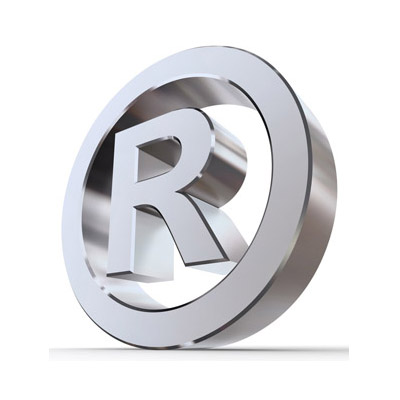
A registered trademark does not give automatic rights to a domain.
Domain owners take notice: always involve an IP attorney should you face a UDRP challenge.
The owner of BackIt.com, a domain registered in 2000 according to DomainTools, failed to respond even; and yet, somehow, the outcome was positive.
Why would an attorney be important to involve in this UDRP?
For starters, the Complainant, Tinynova LLC of Seattle, Washington alleged that the domain was not used since its registration 16 years ago. That’s highly debatable, and a competent IP attorney can outline a response to this element efficiently.
Second, the Complainant provided registration of the mark “BACKIT” as of December 8, 2015 for “Consulting services in the field of software as a service (SAAS); Software as a service (SAAS) services featuring software for public investing and donations, and gathering, processing and use of analytical data to connect interested parties with another” in international class 42.
The problem: it’s a figurative mark, consisting of a design.
According to the description of the mark published in the trademark records, the trademark “consists of the term ‘BACKit’ wherein the ‘K’ is formed by nesting chevrons”.
Luca Barbero, sole panelist at the WIPO, stated the following, before ordering the domain to remain with the Respondent:
The Panel finds that the Complainant has not proven that the Respondent was or could have been aware of the Complainant’s trademark at the time of registration of the disputed domain name. Indeed, the disputed domain name was registered in 2000, i.e.,fourteen years before the filing of the Complainant’s trademark in the United States, and the Complainant has not provided any evidence to demonstrate its use of the trademark BACKIT at any time prior to its trademark registration.
Furthermore, the disputed domain name is currently not actively used and there is no evidence that the Respondent might have registered it with the intention to sell it to the Complainant, to prevent it from reflecting its mark in a corresponding domain name or to derive profit from any potential confusion with the Complainant.
In view of the above and of the nature of the Complainant’s mark, which is constituted of two dictionary words in a stylized format, the Panel finds that the Complainant has not proved on the record before the Panel that the Respondent has intended to take, or actually has taken, advantage of the disputed domain name for its significance in relation to the Complainant’s trademark.
For the full text of the UDRP decision for the domain BackIt.com, click here.
Note: As domain investors we recommend certain professional services, such as legal services. In the case of ESQwire.com, they are a premium sponsor of this publication. This article, however, is not a paid advertisement.












